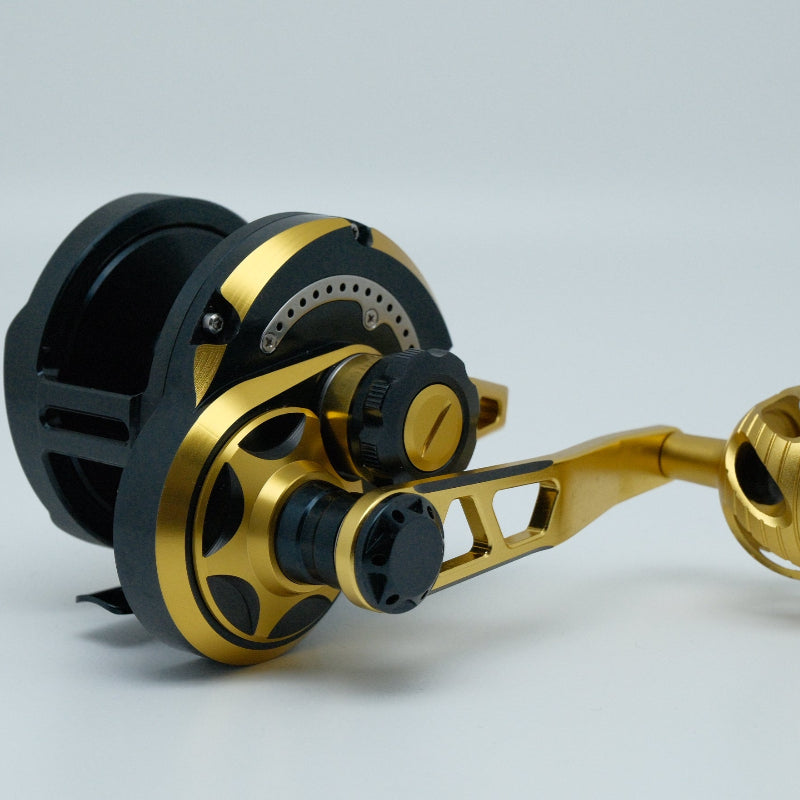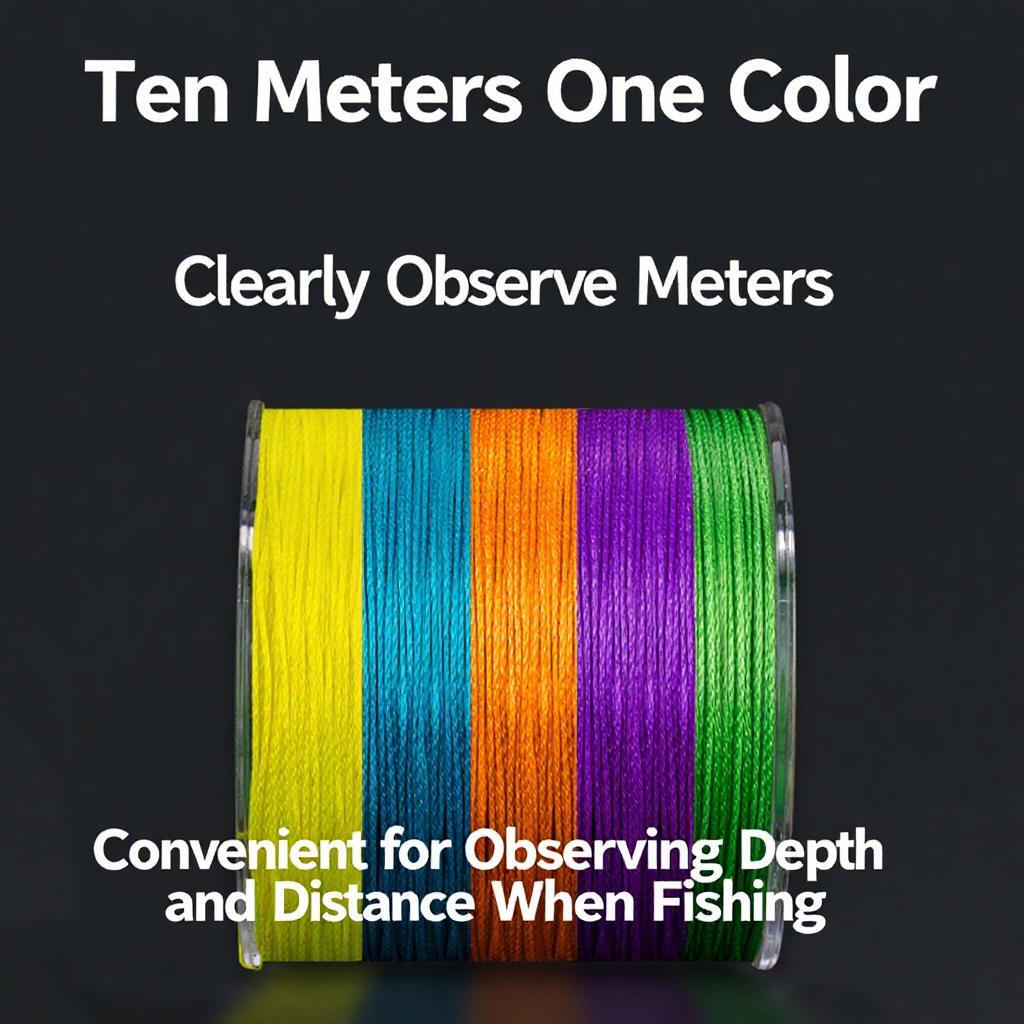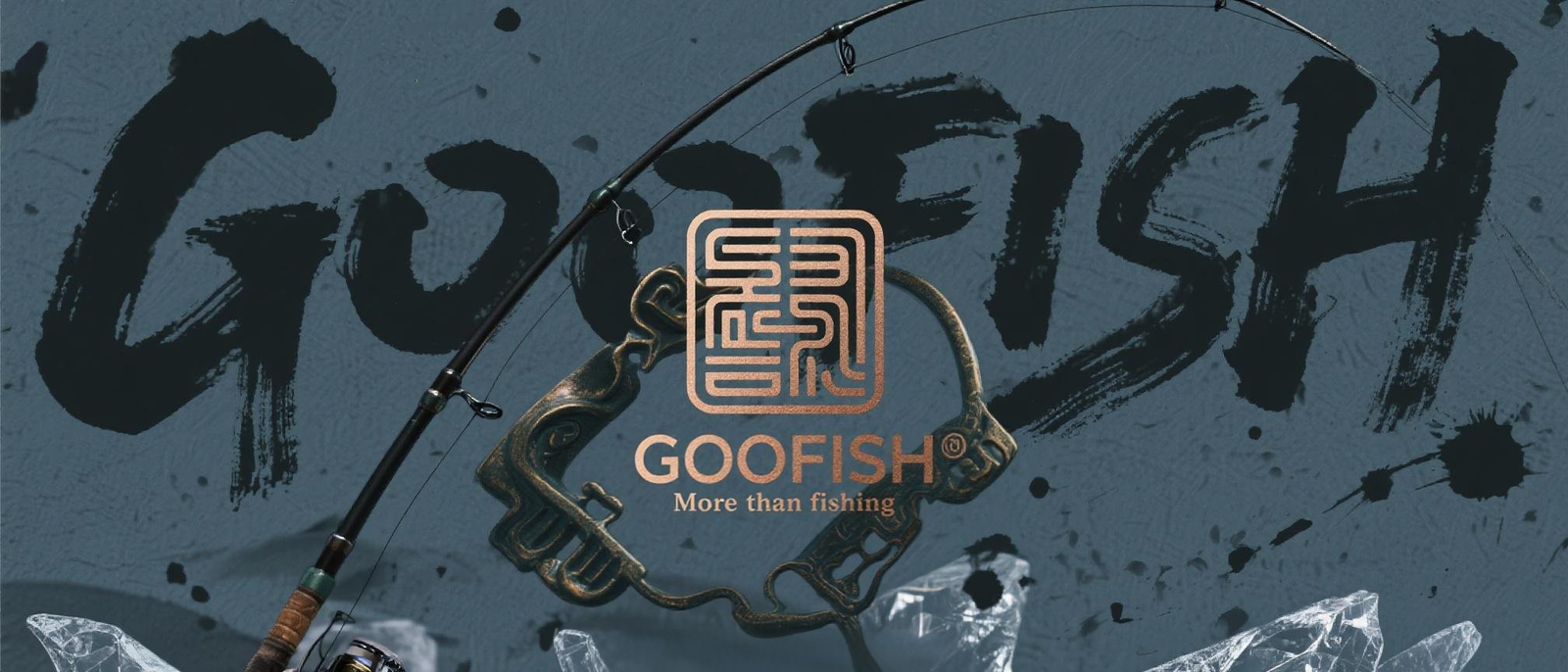Fishing and Timekeeping: Why Is a Fishing Rod the Earliest ‘Time Management Tool’?
For centuries, fishing has been more than just a way to catch fish—it’s a practice rooted in patience, strategy, and the art of timing. At the heart of this ancient tradition lies a tool that doubles as a surprisingly insightful metaphor for time management: the fishing rod. From its humble origins to its modern-day symbolism, the fishing rod offers lessons in planning, patience, and efficiency that resonate with anyone seeking to master time. Let’s dive into why this simple tool might just be humanity’s first "timekeeping companion."
The Fishing Rod: A Primitive yet Profound Time Management Tool
Before clocks and calendars, early humans relied on nature’s rhythms—tides, seasons, and wildlife behavior—to structure their days. For fishermen, the fishing rod was not just a device to catch fish; it was a tool for orchestrating time. Here’s how:
-
Planning for Success: Timing as Strategy
A successful catch requires understanding when fish are most active—dawn, dusk, or during specific weather patterns. Fishermen used their fishing poles to "schedule" their efforts around these windows, ensuring they maximized time spent in productive pursuit. This early form of time blocking—allocating specific periods to specific tasks—mirrors modern time management techniques. -
Patience as a Finite Resource
Fishing demands stillness and waiting, a stark contrast to today’s fast-paced world. The fishing rod taught early anglers that time is a limited resource: wasting it on frantic casting yields few rewards, while patience allows opportunities to present themselves. This lesson in "timing over hurrying" is a cornerstone of effective time management today. -
Adaptability in Design
Early fishing rods evolved with purpose—from simple wooden poles to rods tailored for specific environments (saltwater vs. freshwater) or target fish species. Similarly, versatile time management tools adapt to individual needs, whether through flexible schedules or prioritization frameworks.
From Past to Present: The Fishing Rod’s Timeless Wisdom
Fast-forward to the digital age, and the fishing rod’s metaphor remains powerful. Just as a skilled angler balances patience with action, modern time management hinges on:
- Goal-Oriented Focus: Like aiming for the perfect catch, setting clear objectives (e.g., "catch X fish by sunset") gives direction to time spent.
- Efficiency Over Busyness: A fishing rod doesn’t waste energy; it waits for the right moment to strike. Similarly, eliminating distractions and focusing on high-impact tasks maximizes productivity.
- The Power of Tools: Just as a sturdy fishing pole enhances a fisherman’s ability, modern apps, planners, or frameworks amplify our capacity to manage time—yet they work best when paired with the discipline modeled by early anglers.
Why the Fishing Store Isn’t Just for Gear
Visiting a fishing store today isn’t just about buying rods and lures; it’s a reminder of this historical connection. The fishing poles on display symbolize more than tools—they represent humanity’s first attempt to "hack" time by aligning actions with nature’s rhythms. Whether you’re a casual angler or a time-management enthusiast, the next time you see a fishing rod, think of it as a bridge between past wisdom and present productivity.
Conclusion: Casting a Wider Net for Time Mastery
The fishing rod may seem like a simple tool, but its role in early human history reveals a profound truth: time management isn’t about squeezing every second but about aligning actions with purpose and rhythm. Just as fishermen learned to work with time (not against it), modern practices like the Pomodoro Technique, time blocking, or mindfulness draw from this ancient philosophy.
So, the next time you feel overwhelmed by deadlines, remember the fishing pole—a silent teacher that proves patience, planning, and purpose-driven effort are the ultimate timekeeping tools. Whether you’re casting for fish or chasing goals, the principles of the past can help you reel in more of what matters.











Leave a comment